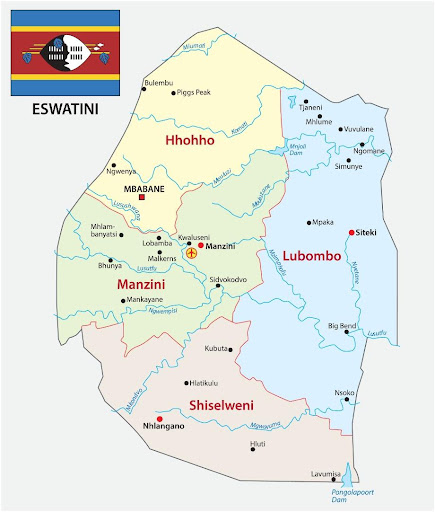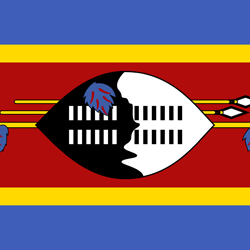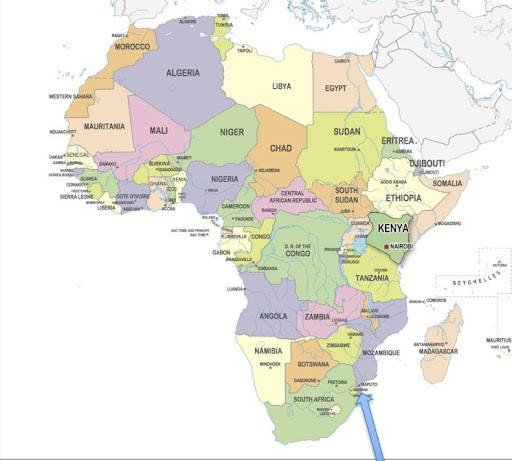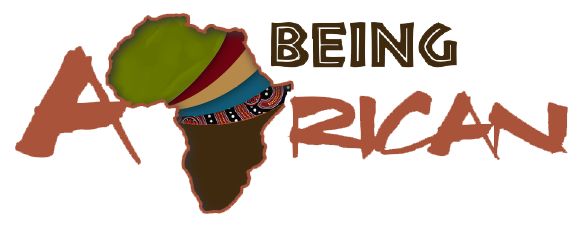
BeingAfrican is a platform that strives to preserve African cultures, traditions, and languages. It is a meeting place where African cultures are explained within scope.
In recent decades, the emergence of large African diaspora communities within Africa itself, Europe, America, and elsewhere has resulted in the loss of traditional knowledge of African cultures. At the same time, the westernization of African countries has posed the same at home. Our platform is an attempt to preserve many of our centuries-old customs and traditions.
At BeingAfrican we understand that preservation of culture and protocols is everyone’s responsibility (parents and children) but mainly it lies with the elders.
- Learn about you, your people, and why you should be proudly Swati
- Know who you married-cross cultural marriages
- Understand the people of the country you intend to visit-Hello tourists!
- Learn the language-Basic language exposure. Say something in Swati…
- Share your rich Swati culture and language
Be present in appreciating the Swati in you and Swatis around you. Understand Swati marriage practices, clans and totems, pregnancy traditions, manners and protocols, dining and hosting, music, art and dance, death, and funerals.
As a Swati, you have a culture, and you have a language!
ESWATINI AT A GLANCE

Independence: Eswatini became Independent on 6 September, 1968.
Population: 1,160,164
Languages: Swati, Zulu, Tsonga
Area: 17,364 square km
Provinces: Lubombo, Manzini, Shiselweni, Hhohho
Ethnic groups: 84% Swazi, 10% Zulu, 6% Others
Where is Eswatini on the continent of Africa?

Eswatini is a landlocked country in Southern Africa. It is bordered by Mozambique to its northeast and South Africa to its north, west, south and southeast.
